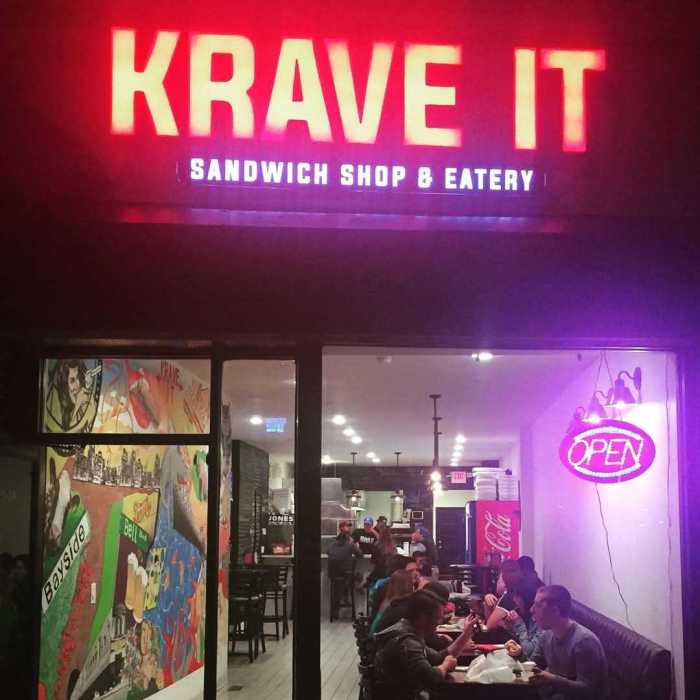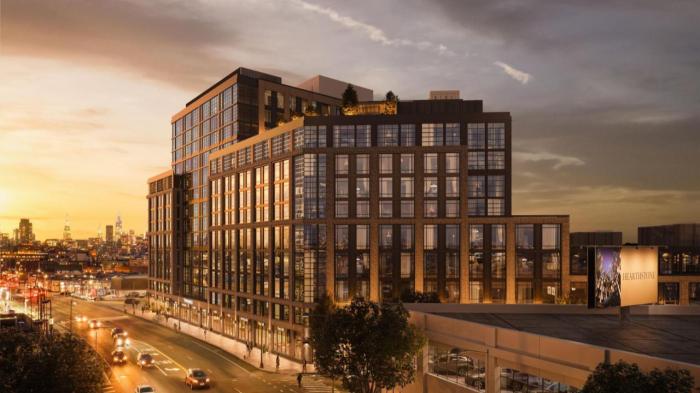With summer drawing near, more and more people will want to pull up a chair and eat a restaurant-cooked meal - on the sidewalk. Queens has 76 of its own cafés with sidewalk seating, according to the Department of Consumer Affairs (DCA), most of which are in Long Island City and Astoria.
A sidewalk cafés license and consent to use public space, which is revocable and must be renewed every two years by DCA, are needed to operate a sidewalk caf/. Restaurant owners need to fill out a five-page application, provide a photo ID, proof of insurance, and scale drawings of the proposed sidewalk caf/ and a few other documents to be considered.
Nicos Constantinou, manager of Athens Caf/ in Astoria, thought the process used to be difficult, but “now it’s fairly simple and quick,” he said. “They’ve been a lot more efficient.”
John Abanitin, owner of Omonia Café, also in Astoria, which has had a sidewalk caf/ since 1983, agreed the process is not difficult and said that location really matters when applying. “If you apply for a good spot, its okay, if not, it’s not okay.”
Applicants also need to pay $1,440 in licensing fees, a $4,000 security deposit and another fee to the Department of City Planning, which varies based on the type of sidewalk caf/ and location.
There are three types of sidewalk cafés licensed by DCA: enclosed, unenclosed, and small unenclosed. Enclosed cafes lie adjacent to a restaurant and require a tangible structure with heating and air conditioning, while unenclosed caf/s are in open space. Small-unenclosed sidewalk caf/s are “a single, unenclosed row of tables and chairs within a space extending no more than 41/2 feet from the front of the restaurant proper.”
Sidewalk eateries must allow for pedestrian traffic. “All sidewalk caf/s must maintain a minimum clear path of eight feet between the outer limit of the café and any object near the curb, including the curbstone,” according to DCA. In addition, a minimum three-foot wait service aisle is required, “to ensure that no public space is used by the caf/ to service its clientele” and to make sure the caf/ is disabled-accessible.
It has been worth it for Omonia Café, Abanitin said. “Everybody likes to stay outside.”



































